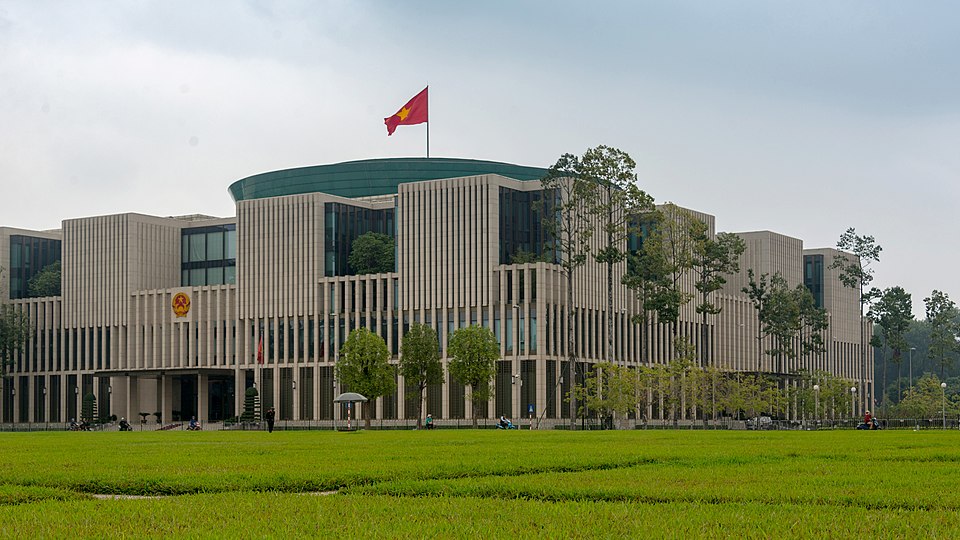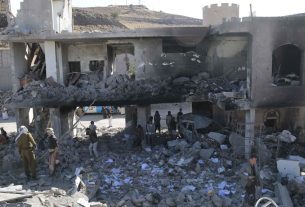Vietnam’s government has intensified its suppression of dissent, increasingly targeting ordinary citizens and activists for peacefully expressing concerns about state policies and public officials. Human Rights Watch (HRW) highlighted this alarming trend in its report titled “We’ll All Be Arrested Soon’: Abusive Prosecutions under Vietnam’s ‘Infringing of State Interests’ Law,” released today.
The Weaponization of Article 331
At the heart of this crackdown is Article 331 of Vietnam’s penal code, which criminalizes the “abuse of democratic freedoms to infringe upon the interests of the State.” HRW reports that between 2018 and February 2025, at least 124 individuals were convicted under this vague provision—a significant increase from the previous six years. Victims include human rights activists, independent journalists, grieving family members, and ethnic minority advocates.
One notable case is that of Dao Ba Cuong, whose son died in police custody. After protesting in funeral clothes, Cuong was sentenced to two years in prison. Similarly, Vu Thi Kim Hoang and Danh Minh Quang were convicted for merely associating with or speaking about dissident causes. In January, the Vietnamese government initiated legal proceedings against prominent lawyer Tran Dinh Trien for allegedly infringing upon state interests through social media criticism.
A Broader Pattern of Repression
The crackdown has sharply intensified over the years. Ahead of the Communist Party’s 13th Congress in 2021, authorities arrested and sentenced members of the Independent Journalists Association and Brotherhood for Democracy, among others. Today, over 150 political prisoners remain behind bars, with many more detained without trial. Writer Pham Thanh is one of them.
Vietnam’s international image has benefited from its growing economic clout and geopolitical relevance, especially as a manufacturing alternative to China. However, rights groups say democratic governments have turned a blind eye to Hanoi’s rights abuses.
International Response and Recommendations
Despite its January 2023 seat on the UN Human Rights Council, Vietnam continues to surveil critics, imprison journalists under harsh criminal provisions like articles 117 and 88, and restrict civil society participation, undermining promises made under the EU-Vietnam Free Trade Agreement.
Human Rights Watch has urged international partners to demand the release of political prisoners and the repeal of Article 331, warning that peaceful criticism may now come with a prison sentence.
For more detailed information, you can read the full HRW report here: (Human Rights Watch).
National Assembly Building of Vietnam on Wikimedia by xiquinhosilva



